The Queen Is Reportedly Leaning on Her Corgis as She Grieves the Loss of Her Husband, Prince Philip
Sources suggest the queen will be leaning on her corgis as she processes the grief of losing her husband of 73 years, Prince Philip.
- As she mourns the death of Prince Philip, her husband of 73 years, the Queen will reportedly turn to her beloved dogs for emotional support.
- Although the Queen had said she didn't plan to get any new dogs after the death of her dorgi Vulcan in 2020, reports came out in February that the monarch had two news dogs—a dorgi named Fergus and a corgi is named Muick (pronounced "Mick")—that appear to have been given to her as gifts.
- The Queen has been a life-long dog lover and her furry friends have always played an important role in her life. "(Her corgis) have over the years been closer to her than any human being," royal biographer Penny Junor explained.
The Queen is grieving the loss of her husband of 73 years, Prince Philip, but she's not alone.
In addition to having other members of the royal family to lean on during this difficult time, royal sources suggest the Queen will be leaning on her beloved dogs for emotional support.
The Queen has always been a dog lover, but didn't plan to get any more dogs after her dorgi (that's a dachshund-corgi mix), Vulcan, died in 2020.
When Philip was hospitalized in February for what would eventually become a 28-day stay, however, reports came out that the Queen had not one, but two new furry friends.
According to a report from the Mirror, the Queen's new dogs, a dorgi named Fergus (after her uncle Fergus Bowes-Lyon, who was killed in World War I) and a corgi is named Muick (pronounced "Mick" after Loch Muick, which is located on the Queen's Balmoral estate in Scotland), were given to her as gifts.
"The Queen was left with only one dog at the end of last year. She had made the decision not to get any more because she didn’t think it fair at her age," a royal source told the Mail on Sunday. "But it would be unthinkable for her not to have any. It’s like the Tower of London not having any ravens. The new puppies are adorable."
It's no secret that dogs have played an important role in the Queen's life over the years and many close to her reportedly believe they'll be very important to the 94-year-old monarch in the coming months as she copes with the loss of her husband.
Get exclusive access to fashion and beauty trends, hot-off-the-press celebrity news, and more.
"(Her corgis) have over the years been closer to her than any human being," royal biographer Penny Junor explained (per the Mirror).
Here are just a few pictures of the Queen and her beloved dogs over the years:
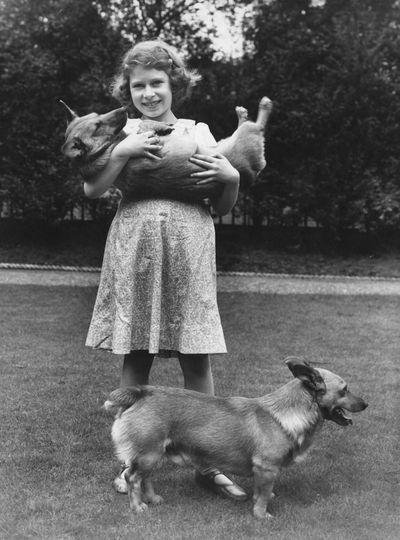
In July 1936.
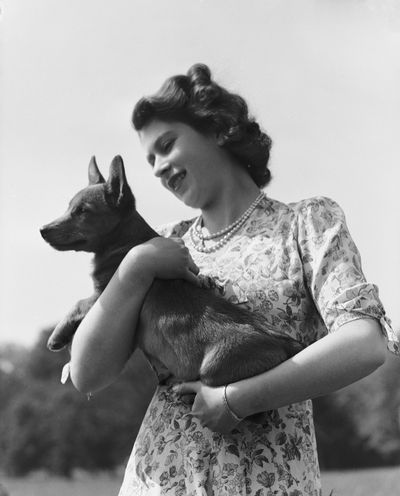
In May 1944.
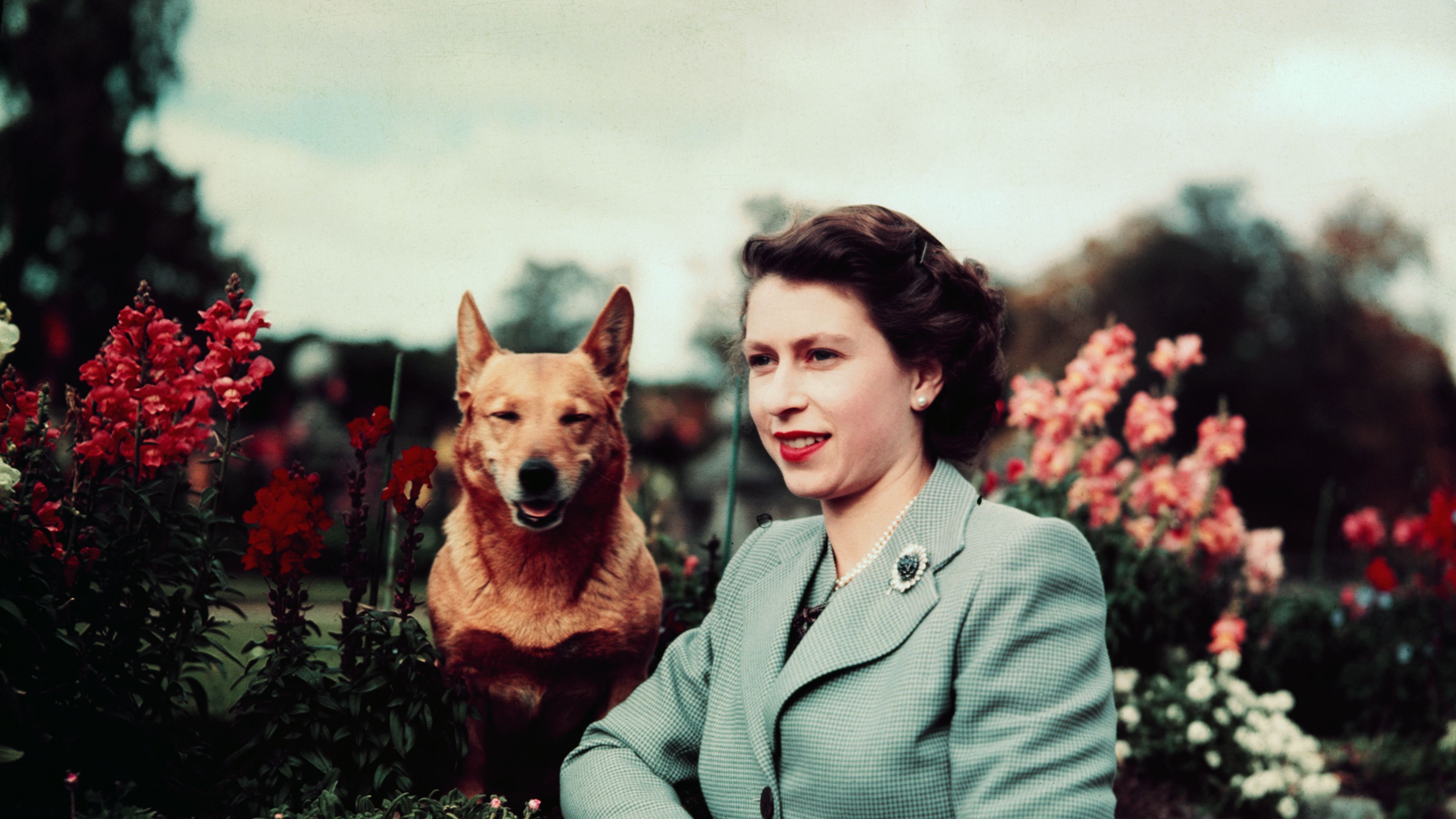
In September 1952.
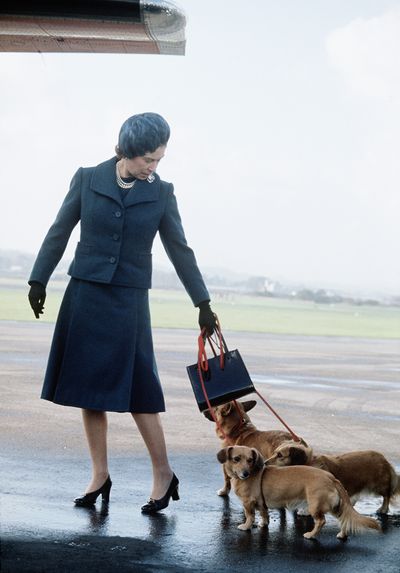
In 1974.
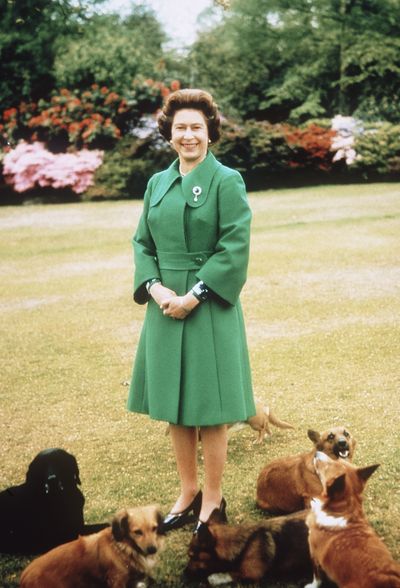
In January 1980.
RELATED STORIES
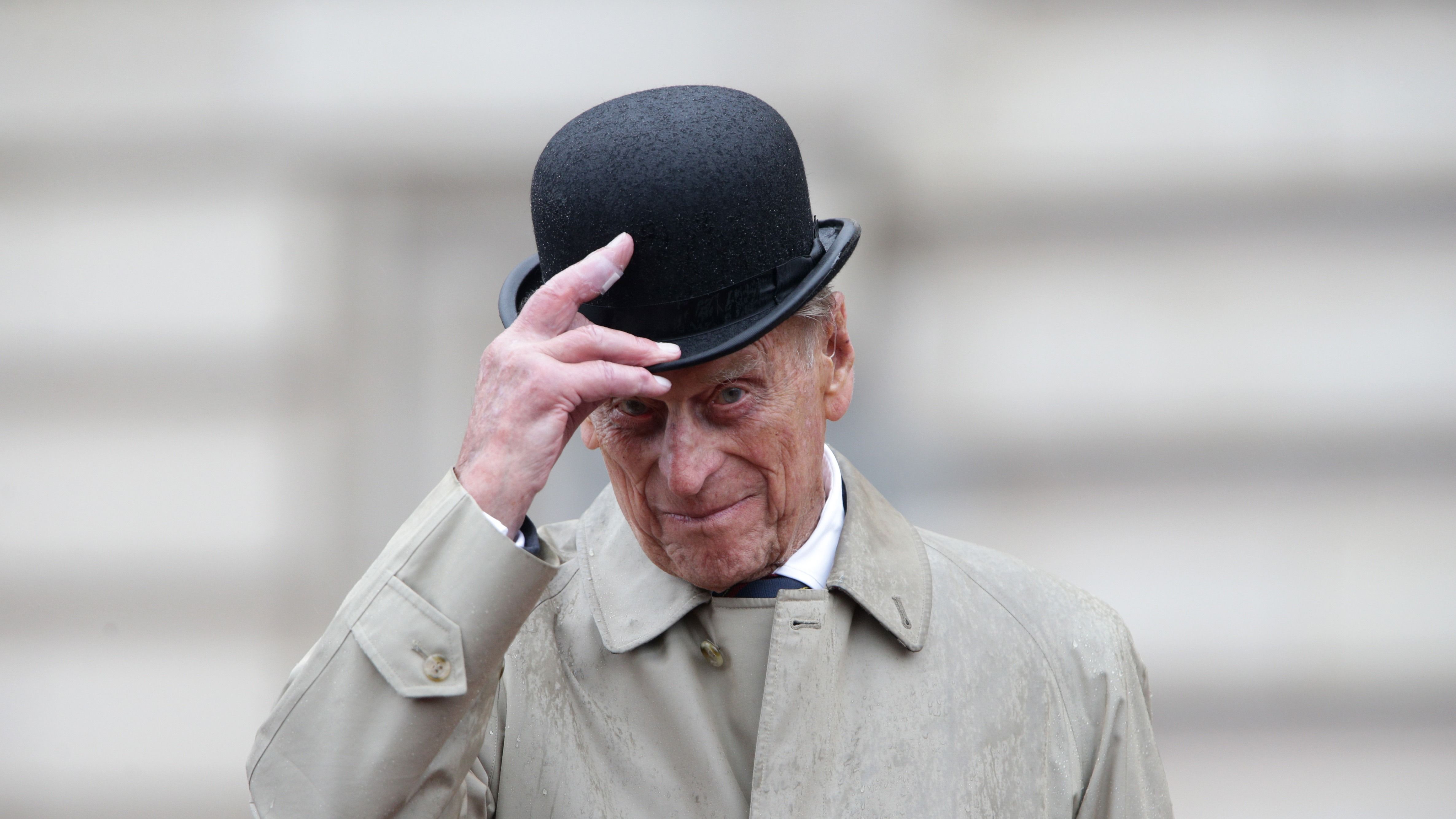
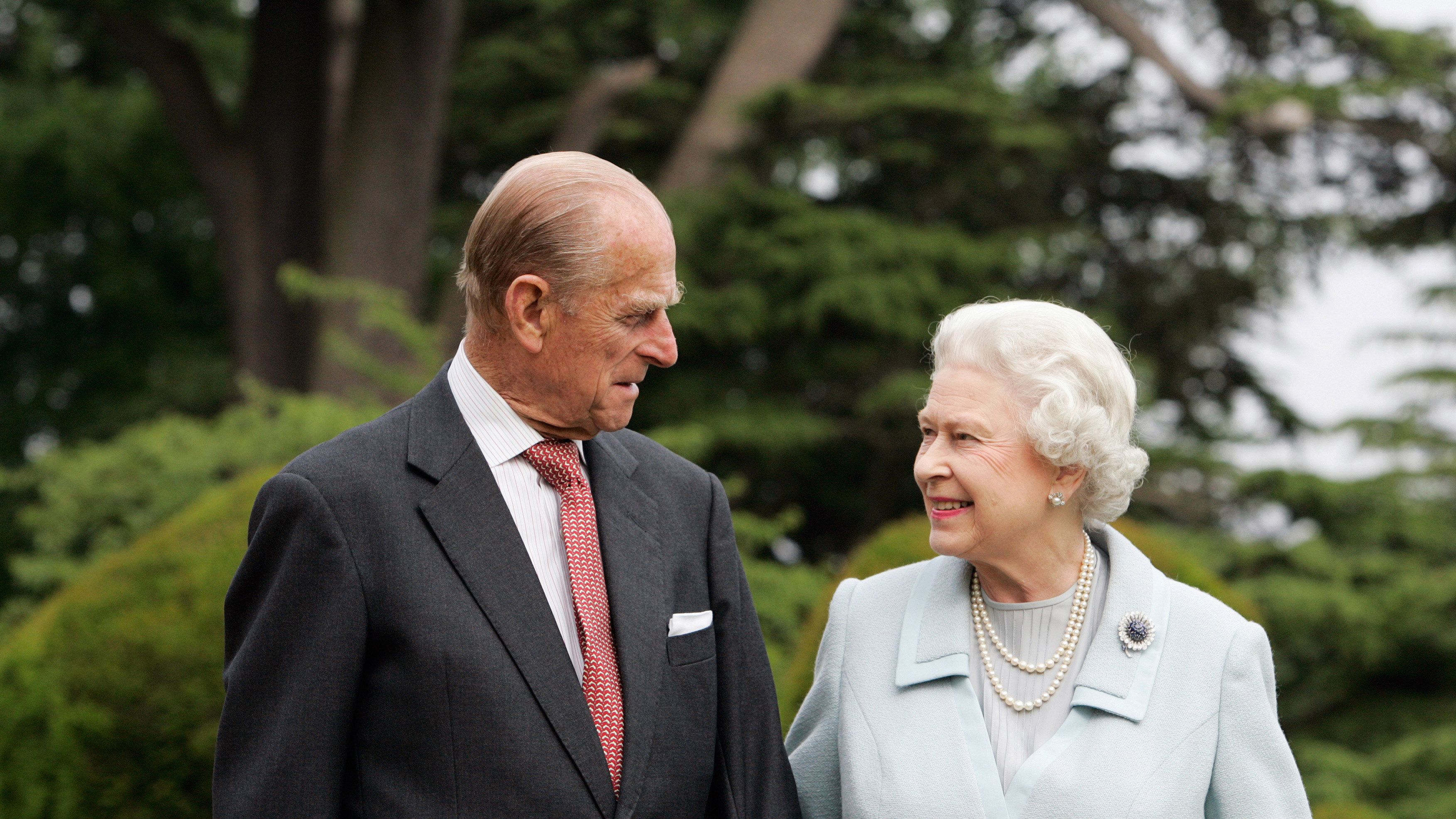
Kayleigh Roberts is a freelance writer and editor with over 10 years of professional experience covering entertainment of all genres, from new movie and TV releases to nostalgia, and celebrity news. Her byline has appeared in Marie Claire, Cosmopolitan, ELLE, Harper’s Bazaar, The Atlantic, Allure, Entertainment Weekly, MTV, Bustle, Refinery29, Girls’ Life Magazine, Just Jared, and Tiger Beat, among other publications. She's a graduate of the Medill School of Journalism at Northwestern University.